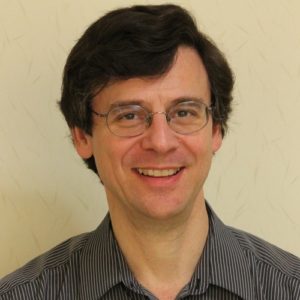Theodore Hughes
Korea Foundation Professor of Korean Studies in the Humanities
Office: 618 Kent Hall
Office Hours: WR 3:00 pm-4:00pm
Phone: (212) 854-8545
Email: th2150@columbia.edu
Educational Background
BA: University of California, San Diego (’90)
MA: University of California, Los Angeles (’97)
PhD: University of California, Los Angeles (’02)
Classes Taught
EAAS 3215 Korean Literature and Film
EAAS 3217 Korean Popular Cinema
EAAS 4124 South Korean Film as History
EAAS 4160 Cultures in Colonial Korea
Research Interests
Theodore Hughes received his PhD from the University of California, Los Angeles. His research interests include visual culture, film, literature, and history. He works across disciplines, with a particular interest in intermediality—the relations between visual and verbal forms of cultural production. He is the author of Death Without End: Korea and the Thanatographics of War (Columbia University Press, 2026) and Literature and Film in Cold War South Korea: Freedom’s Frontier (Columbia University Press, 2012), which was named a Choice Outstanding Academic Title and won the James B. Palais Book Prize of the Association for Asian Studies for the best book in Korean studies in the year of its publication. Co-edited works include Intermedial Aesthetics: Korean Literature, Film, and Art (special issue of Journal of Korean Studies, 2015); and Rat Fire: Korean Stories from the Japanese Empire (Cornell East Asia Series, 2013), a finalist for the Daesan Literary Translation Prize. He is the translator of Panmunjom and Other Stories by Lee Ho-Chul (EastBridge, 2004; reissued under EastBridge imprint at Camphor Press, 2017). He is currently working on a project that approaches the Korean mystery novel as a form of historiography.
Selected Publications
Death Without End: Korea and the Thanatographics of War (Columbia University Press, 2026)
Rat Fire: Korean Stories from the Japanese Empire (co-editor, Cornell, 2013)
Literature and Film in Cold War South Korea: Freedom’s Frontier (Columbia, 2012)

 Michael Como
Michael Como Nicholas Bartlett
Nicholas Bartlett
